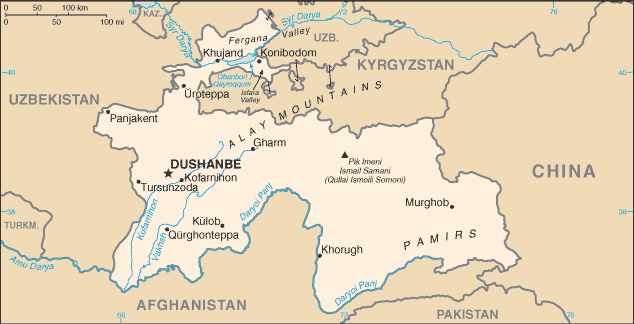Nigerian Elections: a tumultuous season that is nearly at an end
Cover Image Source: President Buhari in 2016, Credit Wikimedia https://commons.wikimedia.org/wiki/File:Muhammadu_Buhari_2015b.jpg
The drama surrounding Nigeria’s recent elections has yet to subside, continuing months of downright absurd campaigning. Aside from the bizarre campaign cycle, Boko Haram has made a resurgence despite President Muhammadu Buhari’s promise and subsequent claim that Boko Haram had been defeated. Security concerns surrounding the vote resulted in the Independent National Electoral Commission postponing the vote at 3:00 AM local time on Election Day, February 16th. Both President Buhari and his challenger, Atiku Abubakar, condemned the delay while firing accusations of trying to manipulate the outcome of the election. Despite the delay, the presidential election went ahead on the 23rd of the month with the Electoral Commission declaring Buhari the winner with 56% of the vote. The local elections for governorships and the State House of Assembly were March 9th. While not all results have been announced, Mr. Buhari’s party—the All Progressive Congress—lost the House of Assembly and governorship race in the state of Akwa Ibom. This is significant as the APC’s loss could not be an isolated incident, but a general rejection of Buhari and his inability to address societal issues during his first term.
Although fake news has recently become a staple of elections around the world, this election took fake news to new heights. In early December, a rumour manifested itself into a conspiracy rivalling that of PizzaGate; Muhammadu Buhari had died and was replaced by a Sudanese clone. The conspiracy possibly stemmed from Mr. Buhari’s extended stay in a British hospital last year, but it gained enough traction that he made a televised address. Mr Buhari joked to the country when he said ‘It’s [the] real me, I assure you’, which demonstrates the prevalence of fake news that is disseminated in elections across the continent. The widespread use of fake news during the campaign has been attributed to issues surrounding Mr. Buhari’s presidency.
The return of Boko Haram has plagued Mr. Buhari’s government for the duration of his first term, the north and eastern states have borne the brunt of Boko Haram’s latest offensive. The guerrilla tactics employed by Boko Haram have destabilized the region that was in the process of recovering after the height of violence in 2015. In the past months, these armed groups have been regularly targeting both civilians and government forces. These clashes resulted in roughly 1,075 deaths in January 2019 alone, and many more have been displaced again because of violence. The Borno State has borne the brunt of the attacks in part because of the terrain and the lack of border security around the borders with Cameroon, Chad, and Niger. Boko Haram’s resurgence is in direct contrast to Mr. Buhari’s previous declarations that armed groups are no longer an imminent security threat. The return of Boko Haram has only exacerbated issues that Mr. Buhari’s government has been forced to address, yet they have not always been addressed successfully.
Source: Nigerian Soldiers in February 2016, Credit Wikimedia https://commons.wikimedia.org/wiki/File:Nigerian_Army_Boko_Haram_demonstration.jpg
Corruption has been blamed for the resurgence of Boko Haram as the military has been left with inadequate armaments despite significant investment from both Buhari and his predecessor Goodluck Jonathan. The majority of the money is suspected to have been stolen. Under Goodluck Jonathan’s presidency, $2.1 billion was stolen by his national security advisor who has been since charged with fraud. Mr. Buhari has diverted $1 billion from a rainy-day fund to pay for fighting Boko Haram, yet many suspect the money to have not reached the armed forces and has instead ended up in an official’s bank account. The Army has been unable to defend cities and bases because of a lack of munitions, spare parts, and other standard operating needs. The lack of accountability has resulted in an underfunded military that is struggling repel a renewed Islamist insurgency in the North despite claims of military defeat.
The tumultuous election season is nearly over as the Independent National Electoral Commission releases the complete results on March 14th, but for now Mr. Buhari’s presidency and party are facing questions that are sure to influence the incoming government. Furthermore, the All Progressive Congress and opposition groups have both touted the integrity of elections where their candidates have won while questioning unfavourable results. This means that the INEC’s report could easily trigger more violence in what has already been a violent campaign. Aside from the integrity of the voting process, Boko Haram has returned while the military has not received the money earmarked to end the fight against Islamist insurgencies. This leaves Africa’s most populous country at a crossroads; the ingredients are present for Nigeria to become a regional powerhouse, or existing problems will not allow Nigeria to grow to its full potential.




